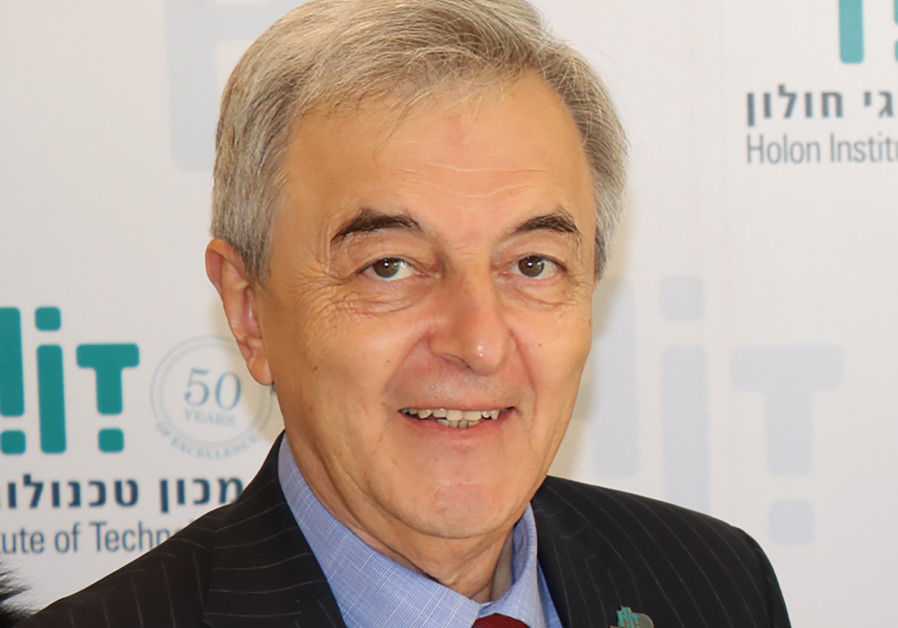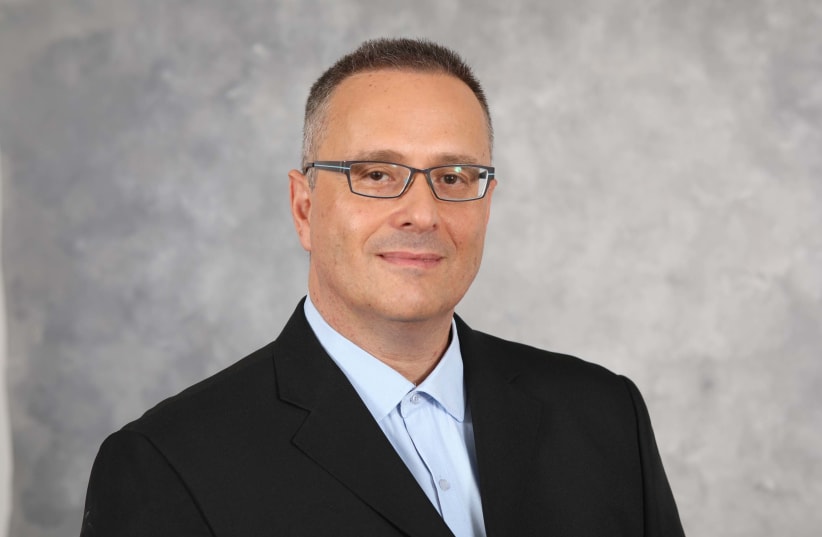The novel coronavirus pandemic not only dramatically changed the world, but forced doctors and other medical professionals to reenvision the way they do medicine, according to Eduard Yakubov, president of the Holon Institute of Technology.
In response, his institute has reimagined its offerings and developed a program that is focused on educating a cadre of 21st-century doctors who not only know how to be excellent clinicians and researchers but are also capable of navigating the advanced technology of the digital world.

In response, his institute has reimagined its offerings and developed a program that is focused on educating a cadre of 21st-century doctors who not only know how to be excellent clinicians and researchers but are also capable of navigating the advanced technology of the digital world.
The new “coronavirus” bachelor’s degree program, formally known as a degree in “digital medical technologies” at HIT, is the brainchild of Dr. Refael Barkan, the school’s vice president of entrepreneurship, innovation and international affairs.
“Most medical schools today do not contain the necessary – if any – knowledge of technology,” Barkan told The Jerusalem Post. “During coronavirus, doctors needed to use telemedicine, data tools and applications in order to communicate with, treat and diagnose their patients.”
He said the country was at first unsuccessful in navigating this territory, having to recruit from other industries to help them move from pen and paper to computers and other digital tools.
Barkan, who is both a physician and computer scientist, had already started designing the new program before COVID-19. But he said the virus served as a catalyst to complete it and get it off the ground. It started with a cohort of new students this October.
“The idea is to create technologically savvy doctors and medical analysts,” Barkan said.
The curriculum combines basic science – chemistry, biology, physics – with information technology studies and entrepreneurship.Students work with all the major health funds and hospitals in Israel to gain hands-on experience.
The school also houses several labs, including what it calls a “Living Lab: an open research and innovation space in the form of a smart sensor-fitted apartment designed as a multidisciplinary apartment providing a multidisciplinary R&D platform. The Living Lab addresses challenges faced by the elderly in their home environment, including physiological/functional, cognitive and behavioral/mental perspectives. The lab also facilitates the development and implementation of homecare technologies,” according to a brochure the school provided.
Also, a medical assistive design and engineering lab helps students develop innovative medical and assistive solutions combining design, engineering and computer science, among other skills.
According to Barkan and Yakubov, graduates are meant to pursue their medical studies in a four-year medical program or to become medical analysts.
“We are creating the future here every day,” Yakubov said of HIT.
Added Barkan: “Coronavirus will have a positive effect on [medical education] rather than what we see in so many other domains.”
